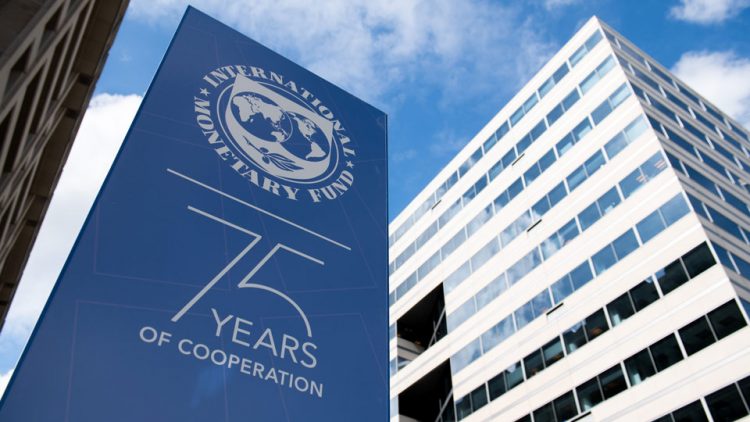The International Monetary Fund (IMF) says some regions of the world have lagged others in ensuring that all people can share in the prosperity that a digital payment brings.
This digital divide exists because many do not have access to digital technology, or if they do, they lack the skills to use it productively. This digital divide is already giving way to an economic divide, and if further left unaddressed, a social divide will become there norm.
The International Monetary Fund (IMF) is taking steps that ensure countries and their financial institutions narrow the digital divide that ensures some of their citizens can effectively use digital payment solutions while others may not.
First Deputy Managing Director, IMF, Geoffrey Okamoto, said countries should do everything they can to use this technological super cycle for a much-needed growth tailwind that raises living standards and addresses longstanding challenges.
In his remarks posted on IMF website, he said many countries need to make substantial improvements to fully unlock a digital economy that powers growth and is inclusive of people that, to date, are falling further behind.
He called for sufficient investment in basic digital infrastructure. “Governments and private firms both need to play a role, but governments should focus on investments that may be inaccessible or unprofitable for private providers. Some of this is physical infrastructure — after all, it’s impossible to participate in the digital economy if you’re not connected — but a lot of it is also digital identity infrastructure and critical data on SMEs that private firms can use to construct a better ecosystem for startups,” he said.
Also, governments need to reconsider their regulatory frameworks and make sure they are conducive to private sector investment and innovation.
“Regulation that is too tight favors companies that are large enough to afford expensive and complex compliance. Right-sizing regulation with an eye toward facilitating the entry of smaller firms may be opposed by established players, but a more dynamic economy is in everyone’s interest, attracting investment and creating better-paying jobs. We can start today. In the case of FinTech, for example, mechanisms like guidance units set up within regulators and so-called “sandboxes” can be used as a stop-gap measure to encourage innovation while more thorough reviews are undertaken,” he advised.
More so, Okamoto said new firms need access to the right people. Developing human capital is key. Governments need to invest properly in education, particularly in STEM fields, while the private sector needs to assist by investing in training employees for that “last-mile” on technical skills specific to their business. The two go hand in hand, and this is an example where coordination makes all the difference.
He said the financial sector needs to be capitalized and regulated with an eye toward maintaining stability while also channeling capital to new market entrants.
The safest entity to lend to may be a government, a state-owned enterprise, or a conglomerate with outsized market power, but a financial sector that is overly incentivized to allocate capital to these entities is effectively starving more dynamic parts of the private sector of the resources they need to grow. In the long-term the goal is to have a mix of banks, capital markets, and even FinTechs themselves allocating capital to new firms, each able to finance at different scales, on different terms, and assume different risks.
Governments that maintain capital account openness can avail themselves of foreign investment, much of which is engaged in a global search of good investment opportunities at a time when yields are low in many Advanced Economies.
Fifth, investors and firms need access to a sound and stable legal framework with a judicial system that understands property rights, including the importance of intellectual property rights. Startup investing is almost by definition one of the highest-risk investments you can make, and it’s difficult to attract it at sufficient scale if the private sector isn’t clear on what their rights are or if they will be able to enforce their rights when needed.
“At the International Monetary Fund, we want to do all we can to support countries during this transition. It starts with deploying its expansive analytical expertise to help countries understand the amount of growth that they could be leaving on the table without acting now, as many of the elements that I highlighted can understandably be politically difficult to execute,” he said.
In the FinTech space, the IMF along with the World Bank proposed the Bali FinTech Agenda, which reinforces competition and commitment to open, free, and contestable markets.
Both institutions are preparing to deepen our work on digital money and the implications this has for the international monetary system that we have been responsible for since our creation.



